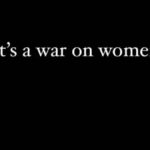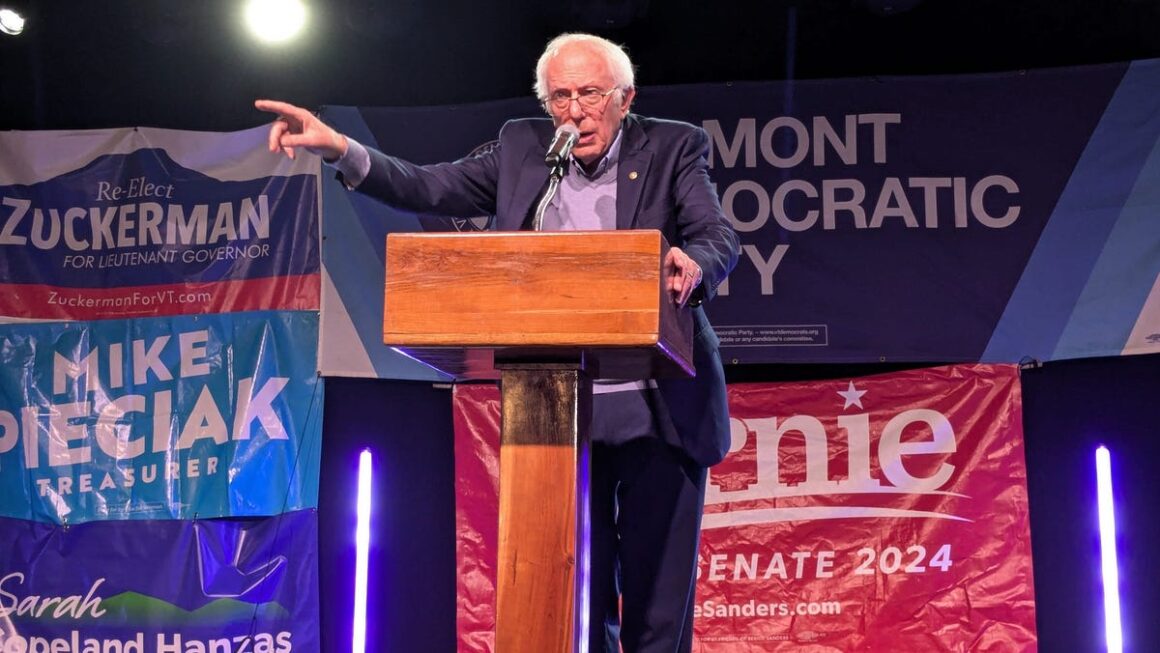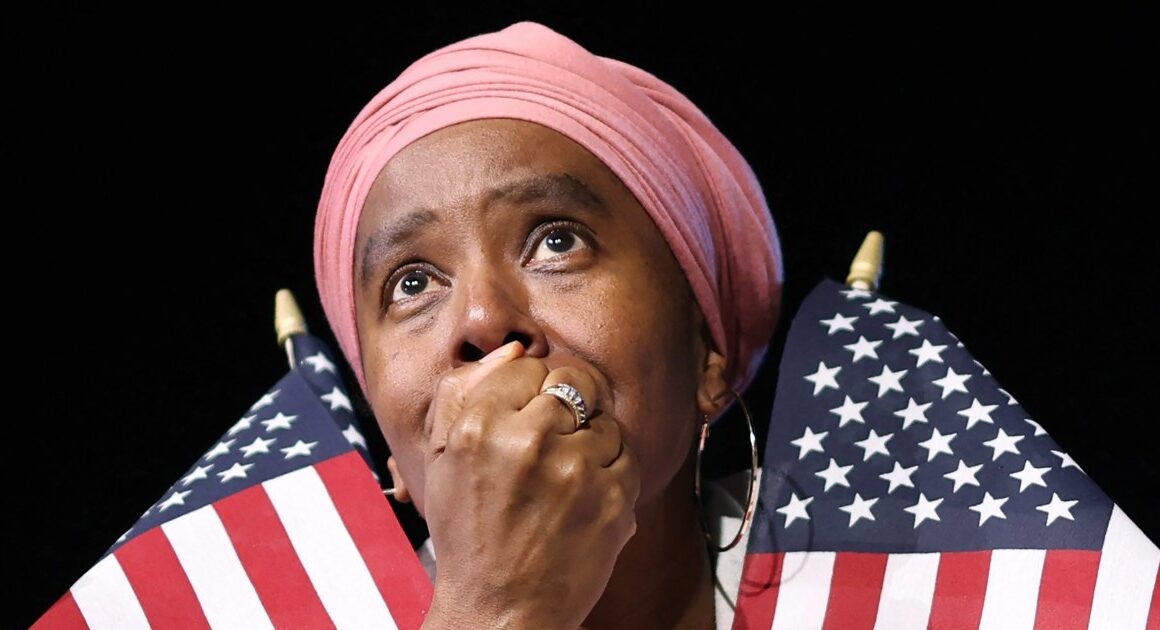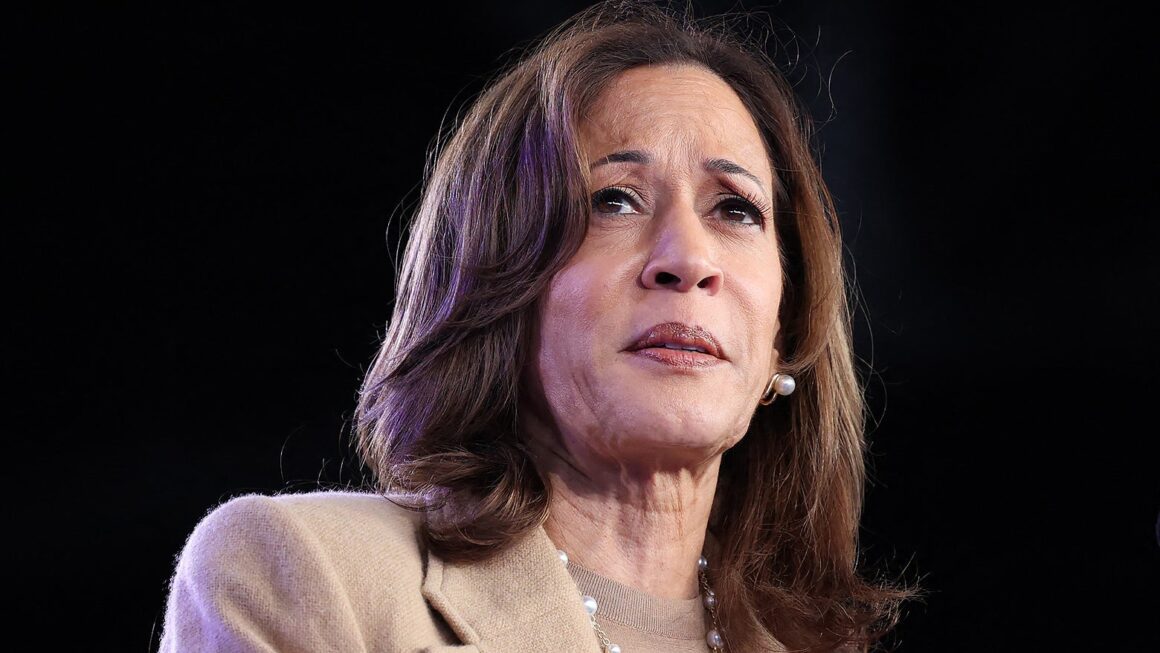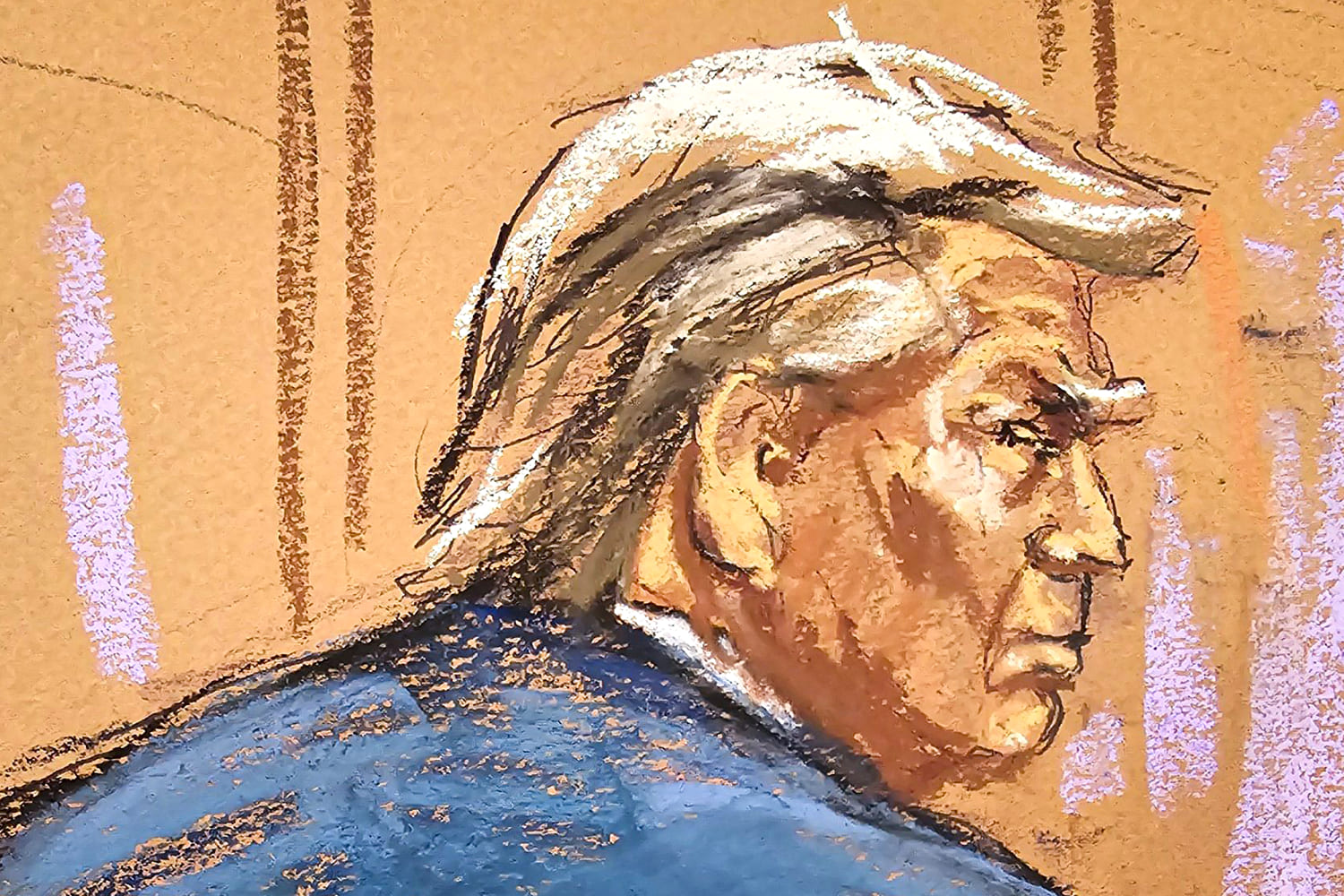
First thing Thursday morning, a woman identified only as Juror No. 2 told Judge Juan Merchan that, upon reflection, she feared she could no longer be an impartial participant in Donald Trump’s historic hush money jury. Her change of heart came after Fox News host Jesse Watters devoted a significant amount of airtime to discussing biographical details about her and why they might make her a problem for Trump. Her identity was as good as public, the juror told Merchan. (He eventually excused her.)
She was a juror, acceptable to both sides, who got scared off.
It was the sort of tense courtroom scene you might expect in a mafia trial. But this is not a mafia trial — or at least, it’s not supposed to be.
Merchan has since ordered lawyers and members of the media to take even stricter precautions to protect juror identities.
Merchan has since ordered lawyers and members of the media to take even stricter precautions to protect juror identities. That he needed to do so is revealing. In a typical case, jurors’ names are known and freely shared. Lawyers and the media often speak with them after the trial is over to get their impressions of the case and the process. That’s normal in a country where U.S. senators, billionaires, sports stars and actors all have faced accountability in civil and criminal cases, just like regular people. Everyone is beholden to the same legal system.
The idea that a former president and his followers could pose a threat to Americans performing their civic duty is something we must not forget amid the chaos. It’s easy to wave off as just another Trumpian quirk — until someone gets hurt.
Trump has frequently invoked violence. During his first campaign, he promised to pay the legal bills of people who beat up protesters at his rallies. In 2021, he refused to tell his brawling supporters to disperse as the Capitol was being overrun and rioters battled with police, waiting until the fighting was essentially over. Last year, he mocked the husband of former Speaker Nancy Pelosi, D-Calif., after Paul Pelosi was brutally attacked by a hammer-wielding stranger in 2022.
Is it any wonder some of the jurors in this case are concerned?
These 18 ordinary citizens — 12 jurors and six alternates — have been transformed, practically overnight, into extraordinarily courageous public servants willing to shoulder the burden of a democracy under stress. This is not a burden that a handful of New Yorkers should have to shoulder. But now we are stress-testing the Constitution in real time. And the men and women who must determine whether the government proves Trump’s guilt or not must be permitted to operate in an environment free of outside influences and threats.
As a young prosecutor, the first case I tried — I was the second chair — involved two men who firebombed the home of a witness for the prosecution in a case against a drug kingpin named David Ronald Chandler. Chandler was ultimately sentenced to death under the drug kingpin statute for the murder-for-hire of an informant. (President Bill Clinton commuted his sentence to life in prison in 2001.) The witnesses against the Chandler organization were frightened, and for good reason. The firebombing was ably handled by law enforcement. But we were worried about the jury. Under the circumstances, would they be too scared to convict? The judge didn’t give us an anonymous, sequestered jury, but extra care was taken with their security and the judge repeatedly reassured them and impressed upon them the importance of their duty. Our evidence was solid. The verdict was guilty.
My friend and former Southern District of New York prosecutor Elie Honig tells a similar story about a prosecution he handled involving the Genovese crime family. Nearing the end of a Genovese family trial with an anonymous jury, a juror asked to speak alone with the judge during jury deliberations. (This is extraordinarily rare.) The juror said that the jury was closing in on a verdict, but he feared reprisals if they voted to convict. The judge managed to talk him down and the jury ultimately returned a guilty verdict, but the close call stuck with Honig.
The jurors in that Manhattan courtroom represent all of us, but their job is limited to assessing the evidence against Trump on specific criminal charges.
Is this sort of eleventh-hour twist one we can expect in Manhattan? A juror asked to speak to Merchan on Monday morning before opening statements, expressing concern about the intense coverage. That juror has remained in place, but when a former president’s case resembles an organized crime prosecution in this regard, we should heed the message. It serves as yet one more reminder that Donald Trump must not, under any circumstances, return to the Oval Office. It is up to voters to reject him. The jurors in that Manhattan courtroom represent all of us, but their job is limited to assessing the evidence against Trump on specific criminal charges. Voters must assess the fitness of the man for office and take account of what is happening with this jury. No one whose behavior produces concerns like this — that his behavior could bring harm to Americans — is fit to serve as president.
In the second of the civil defamation cases brought against Trump by E. Jean Carroll, the judge, Lewis Kaplan, impaneled an anonymous jury and told them he recommended that they never disclose their service, even after the case was over. Kaplan also ordered the anonymous jury not to disclose the identities of any of the people they served with. To date, none of them have come forward.
![]()
